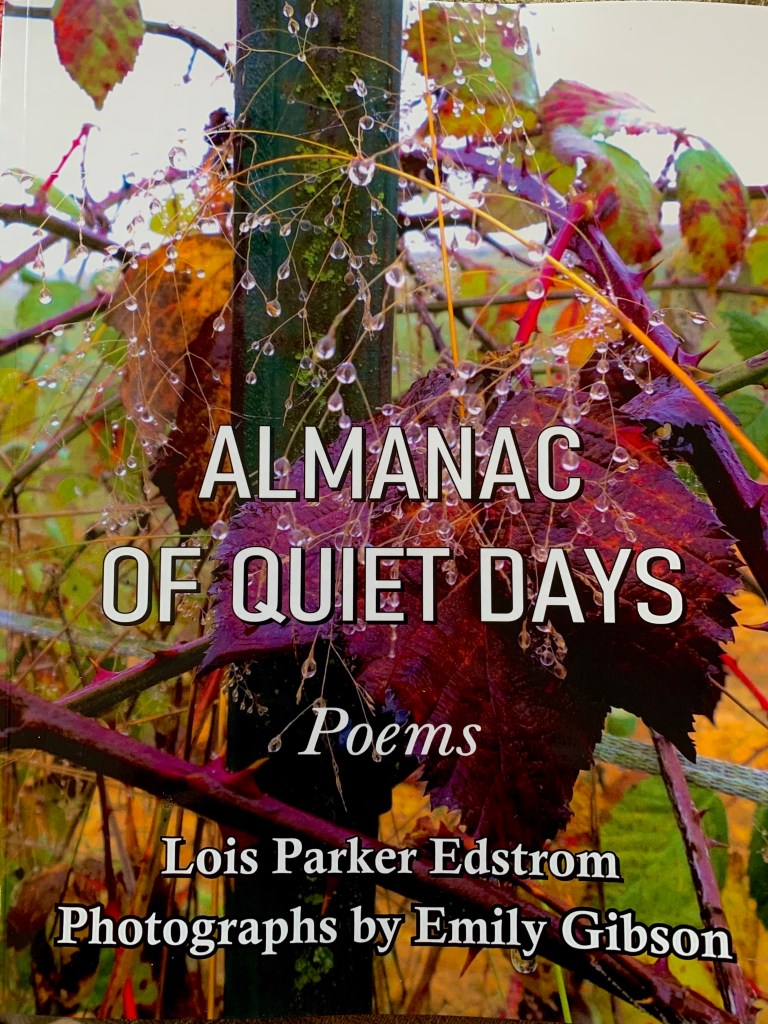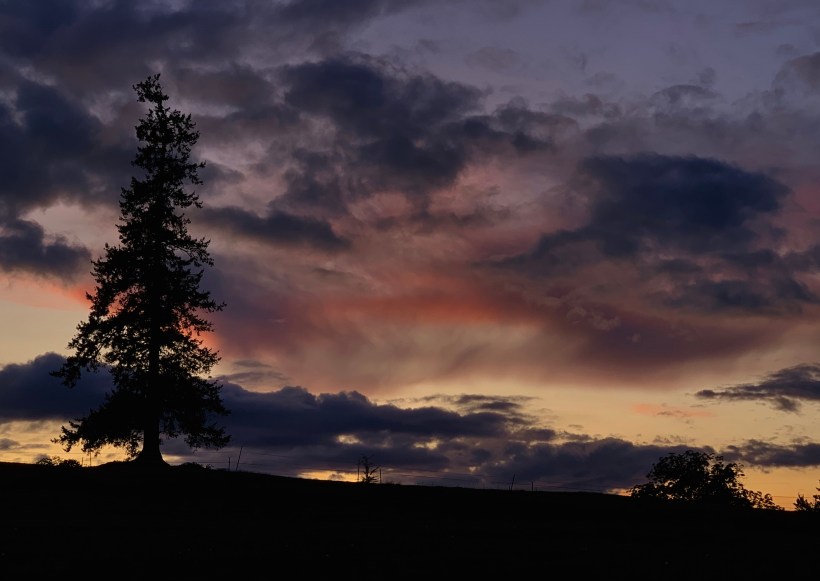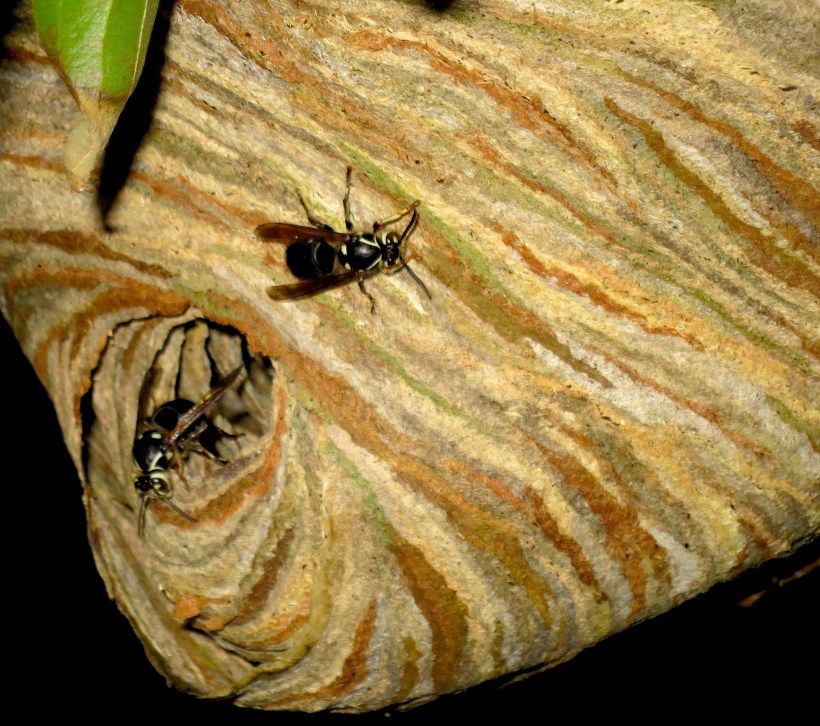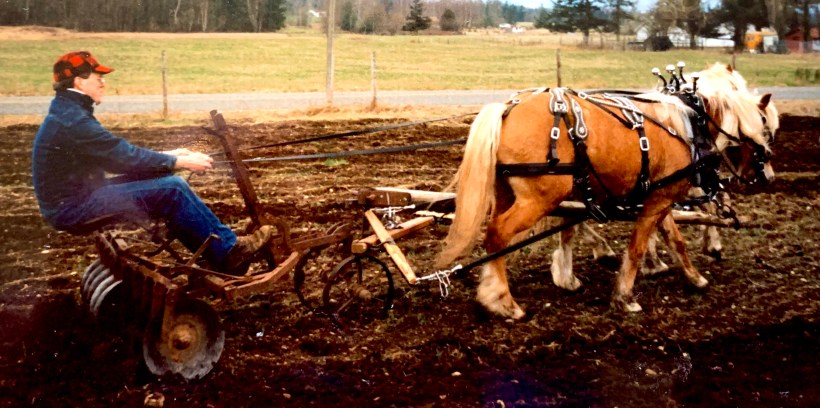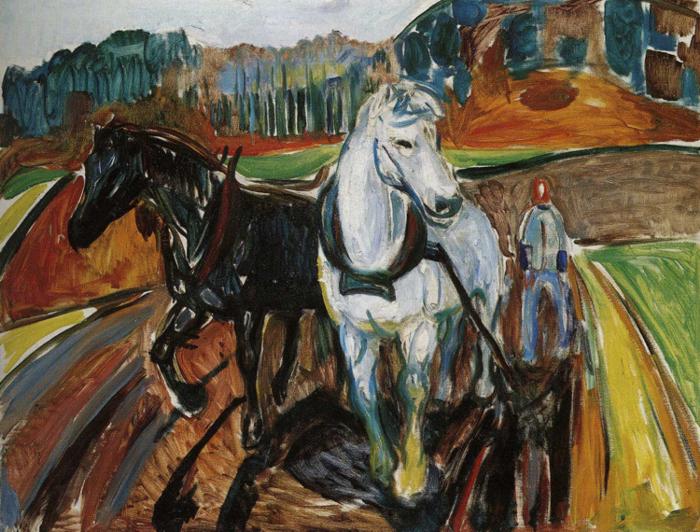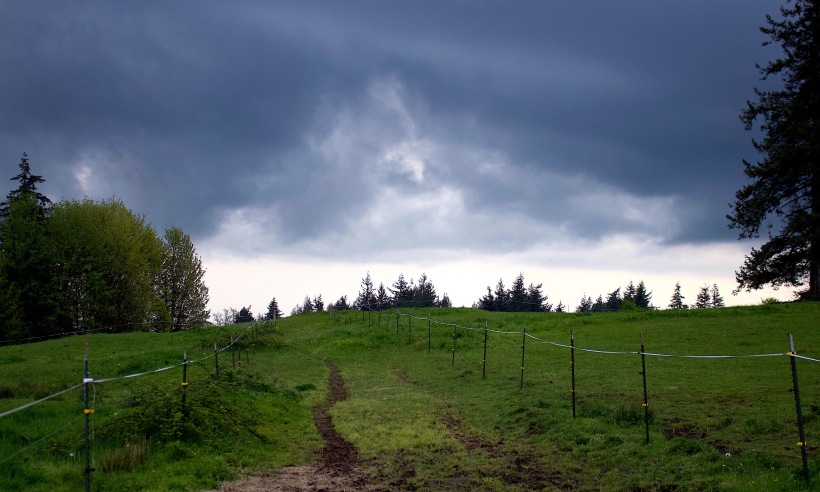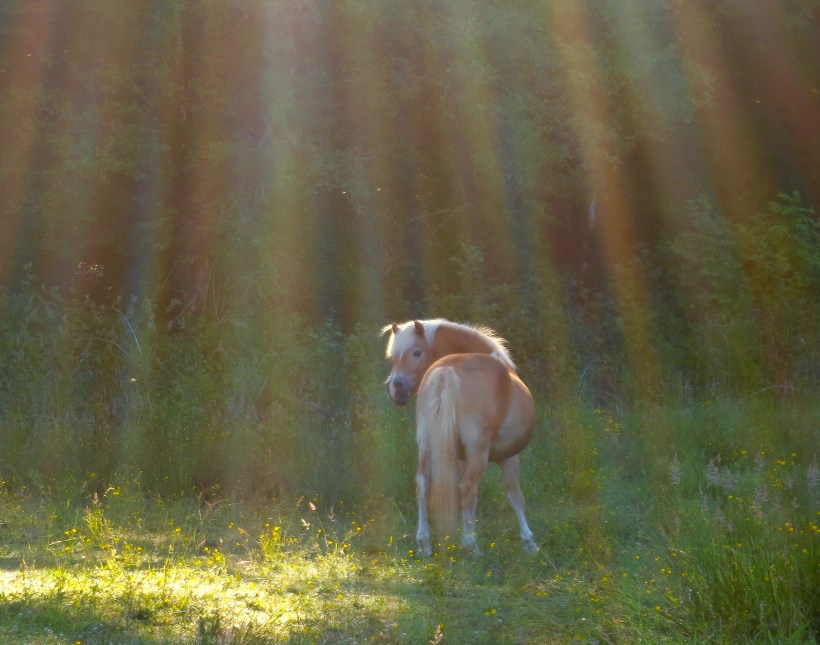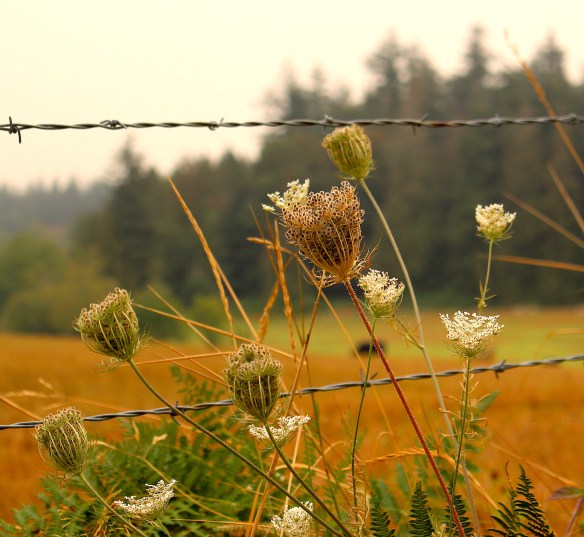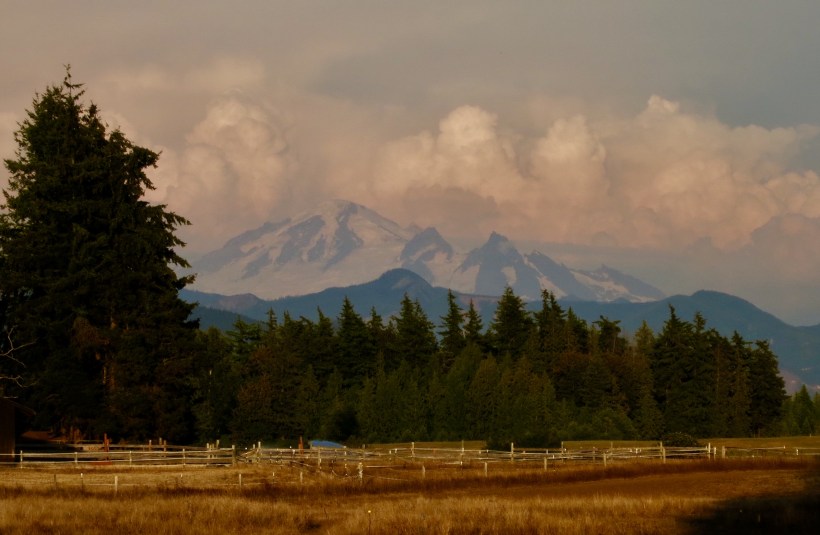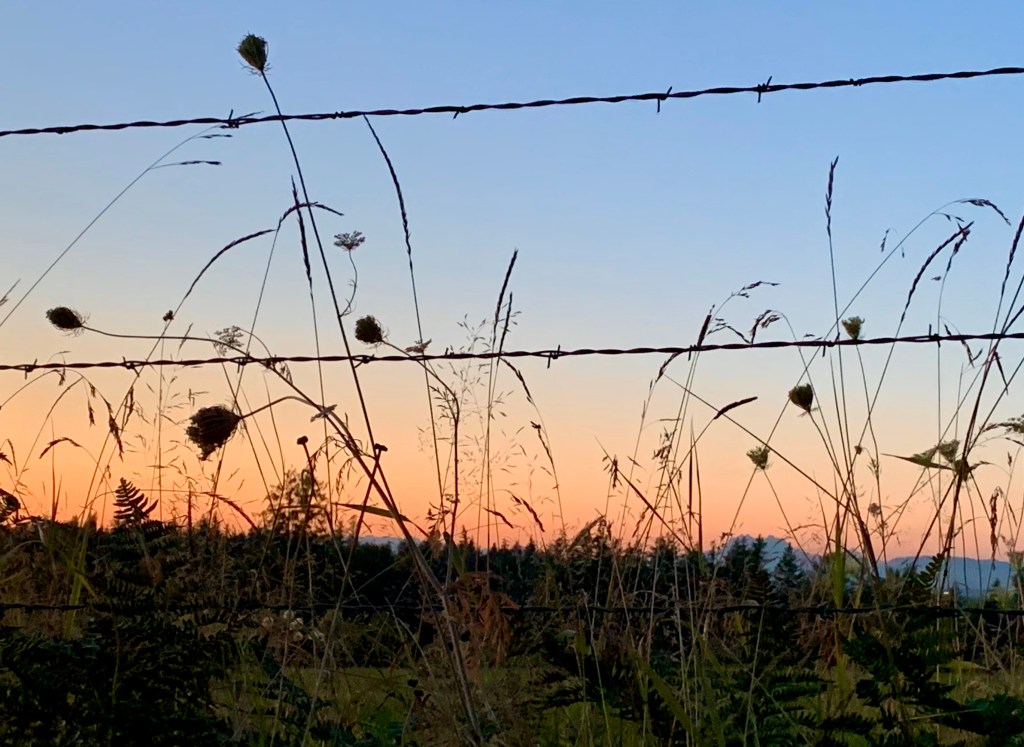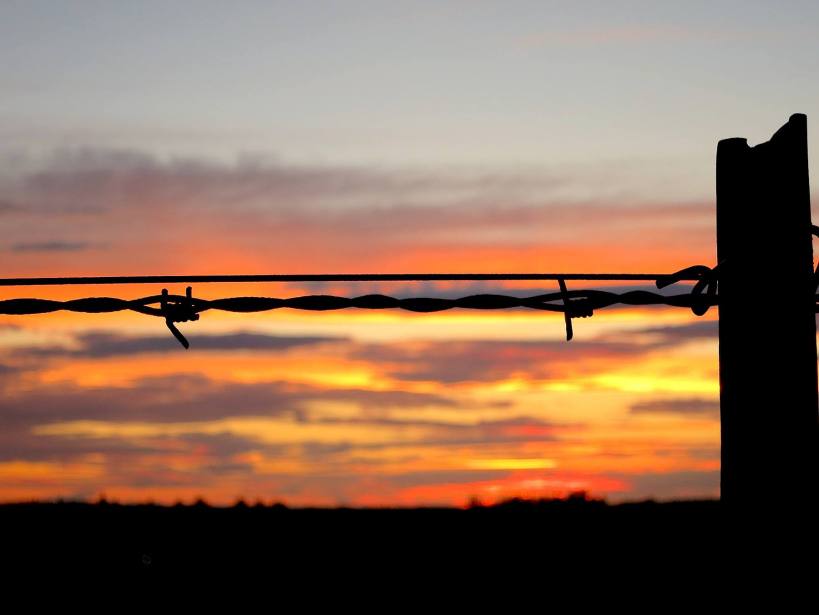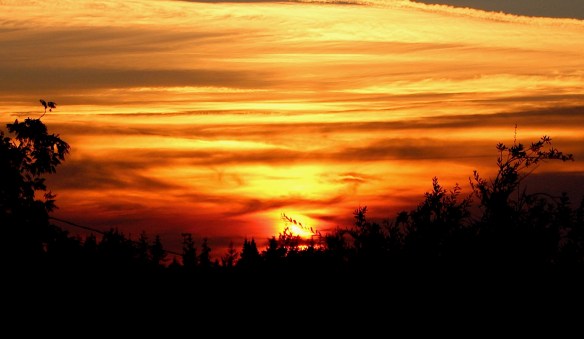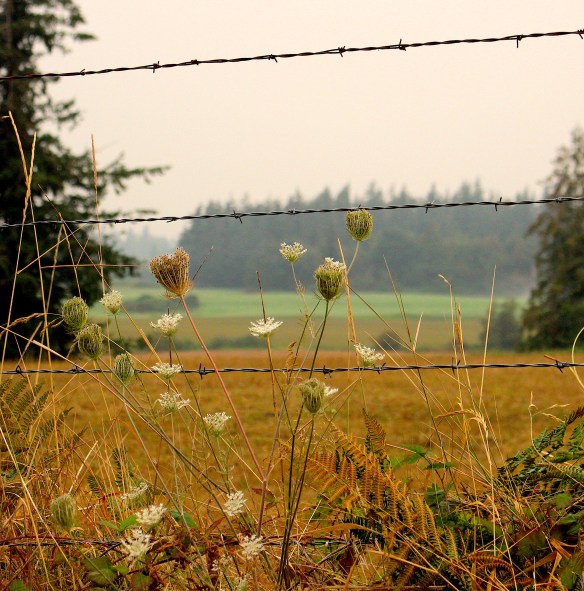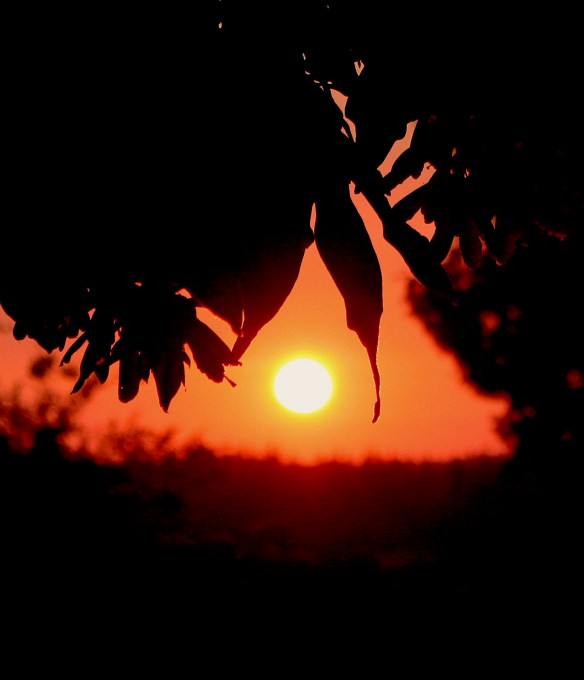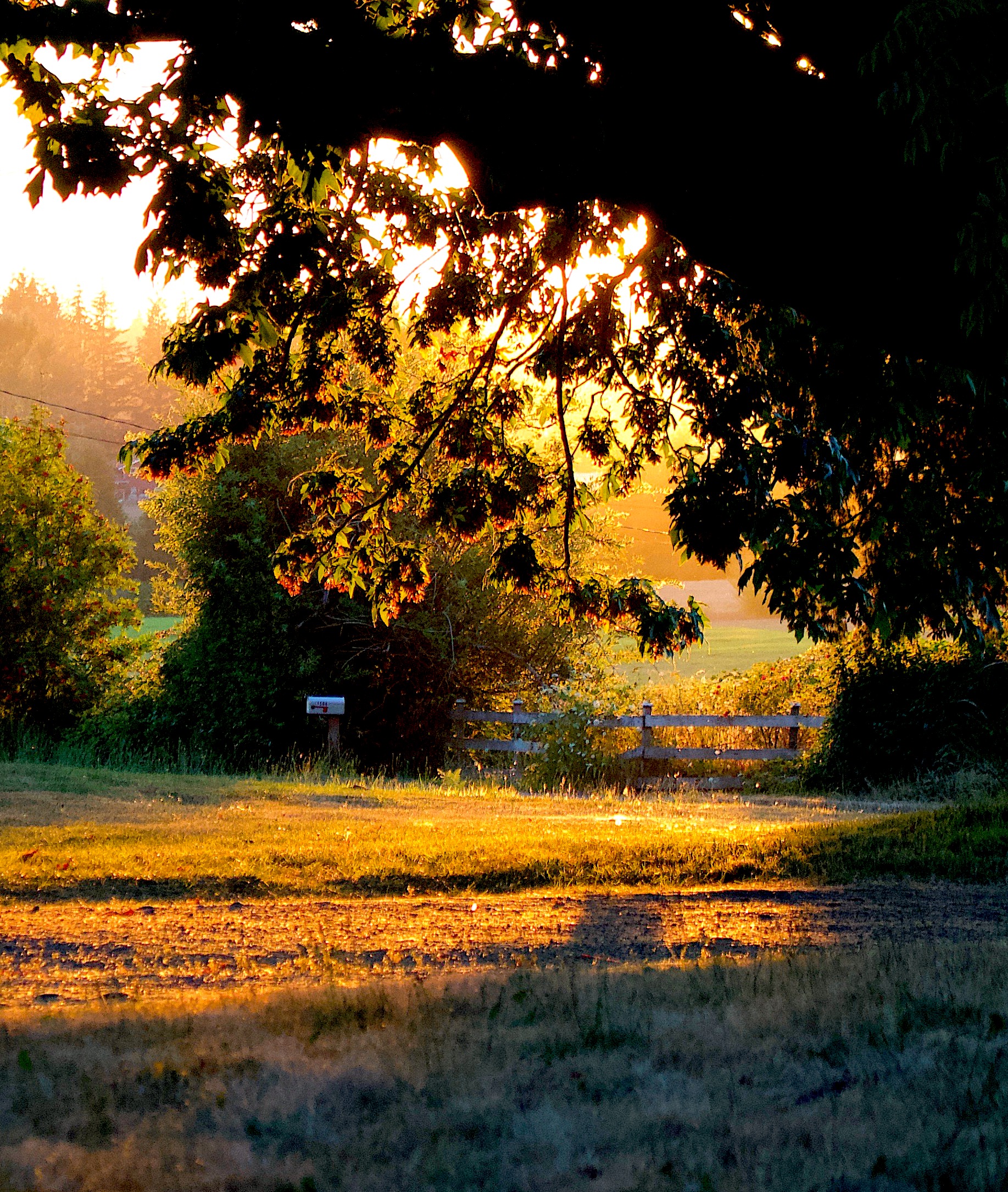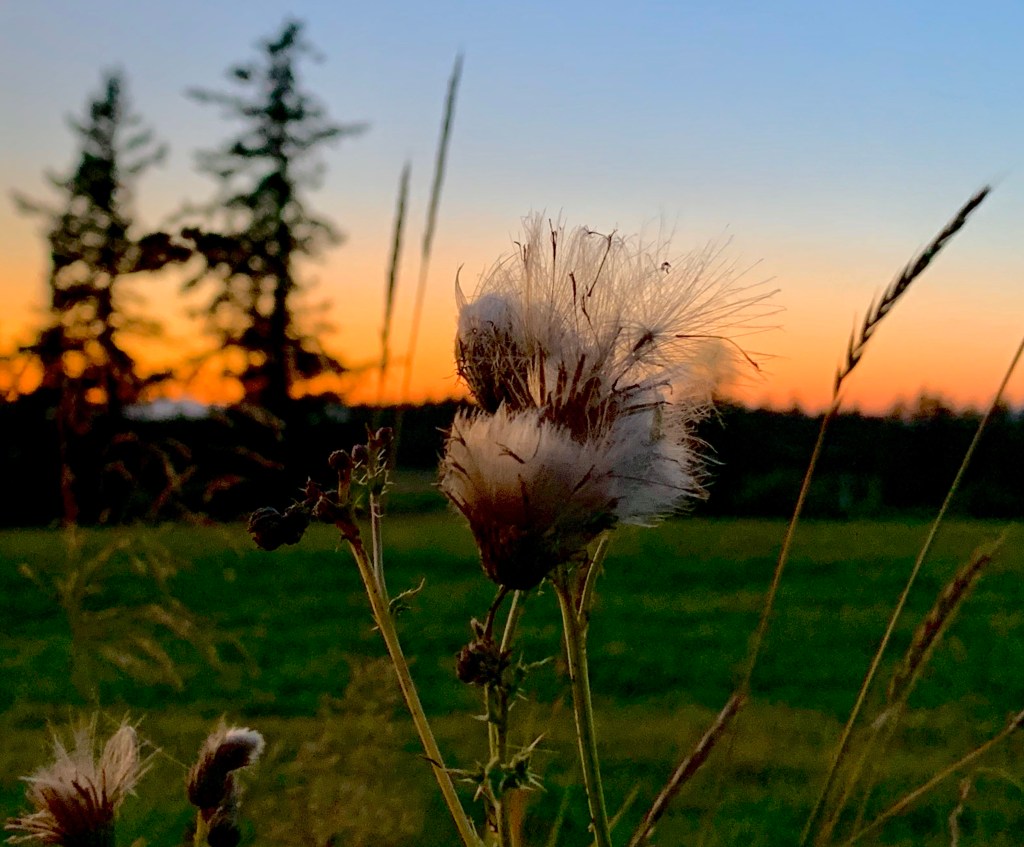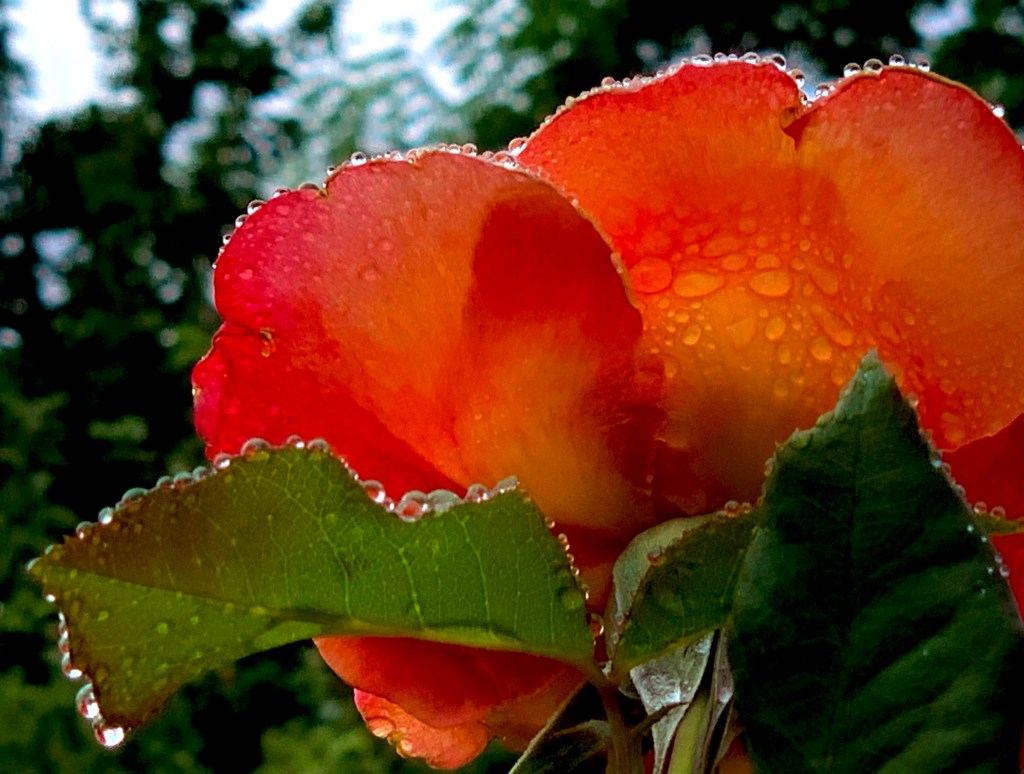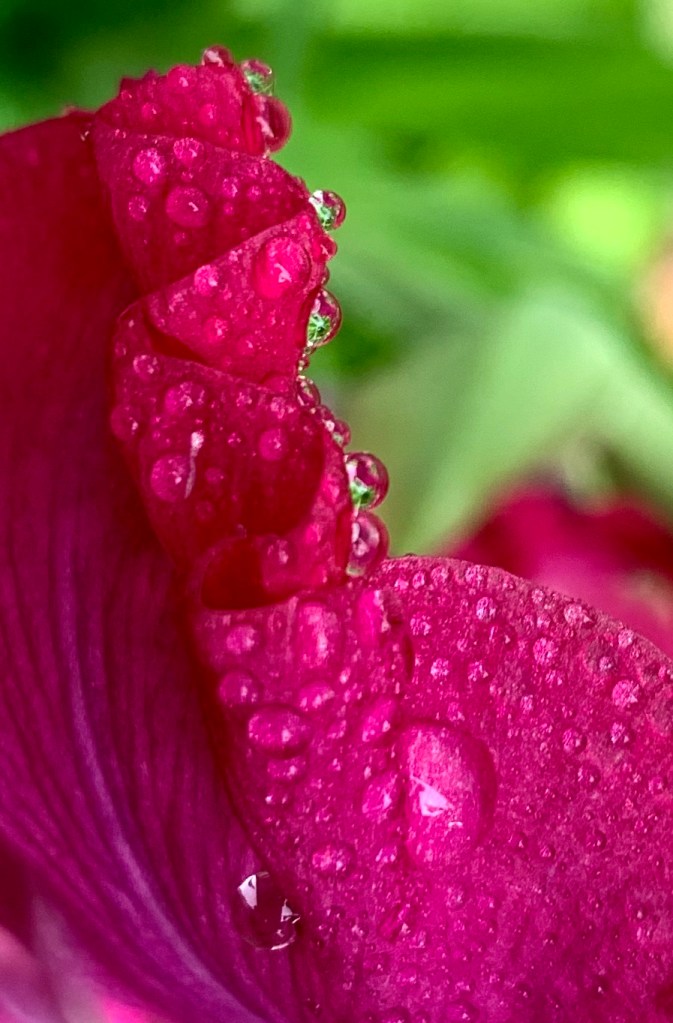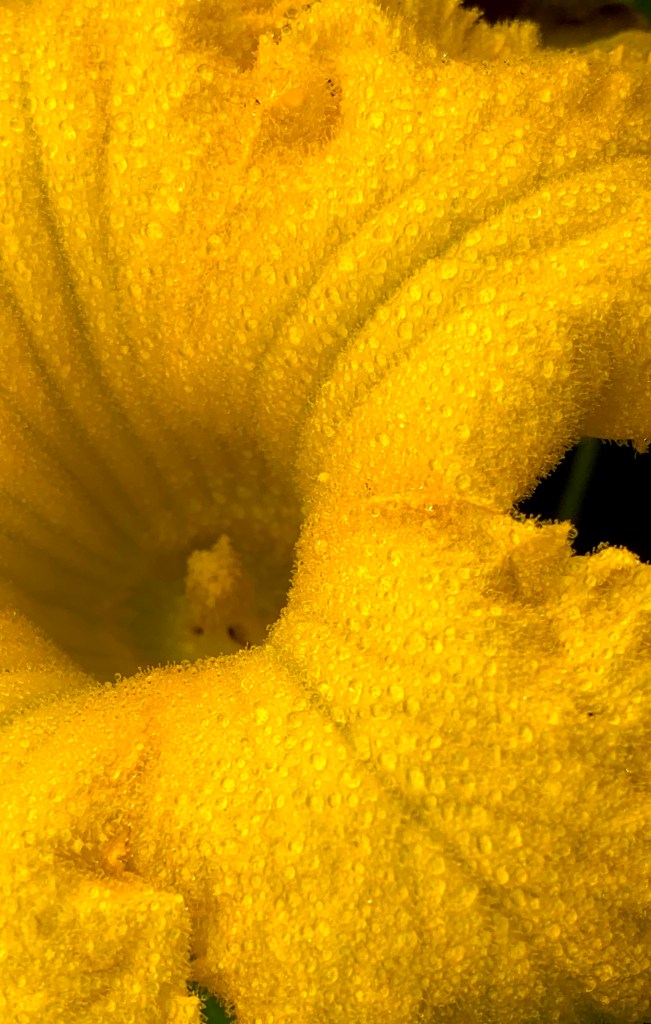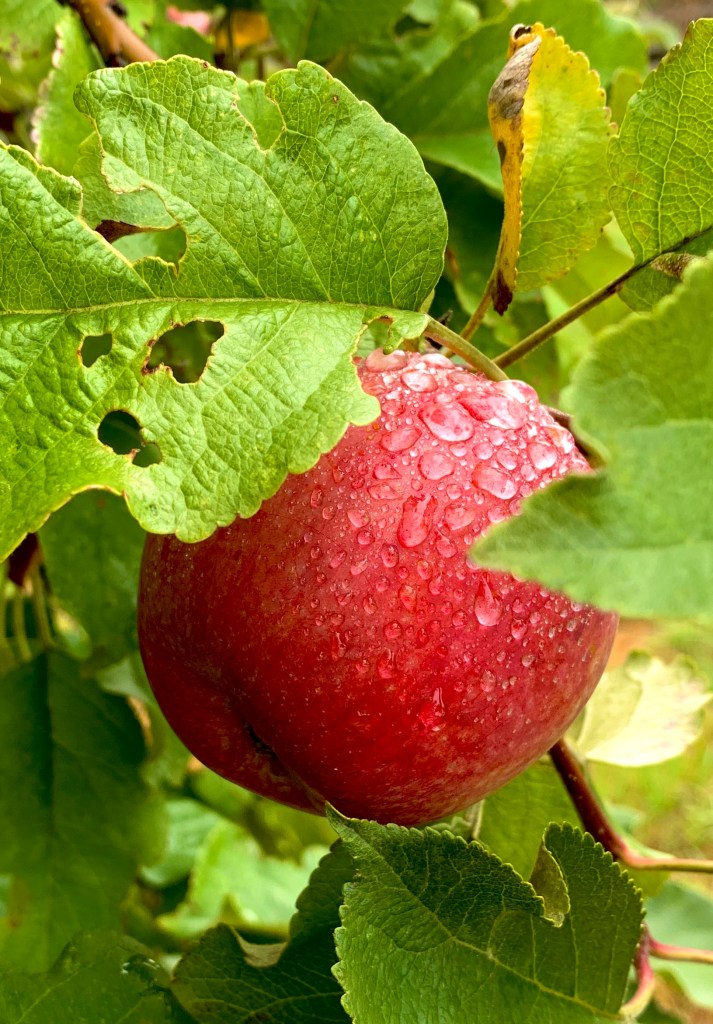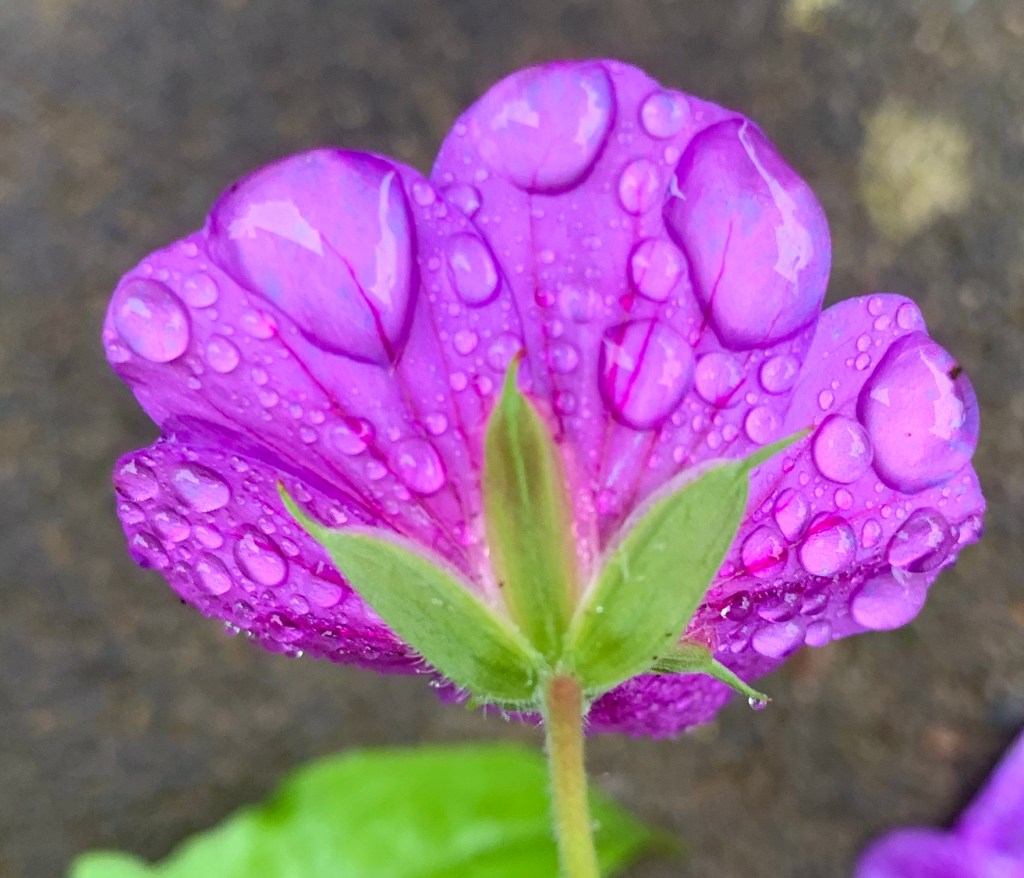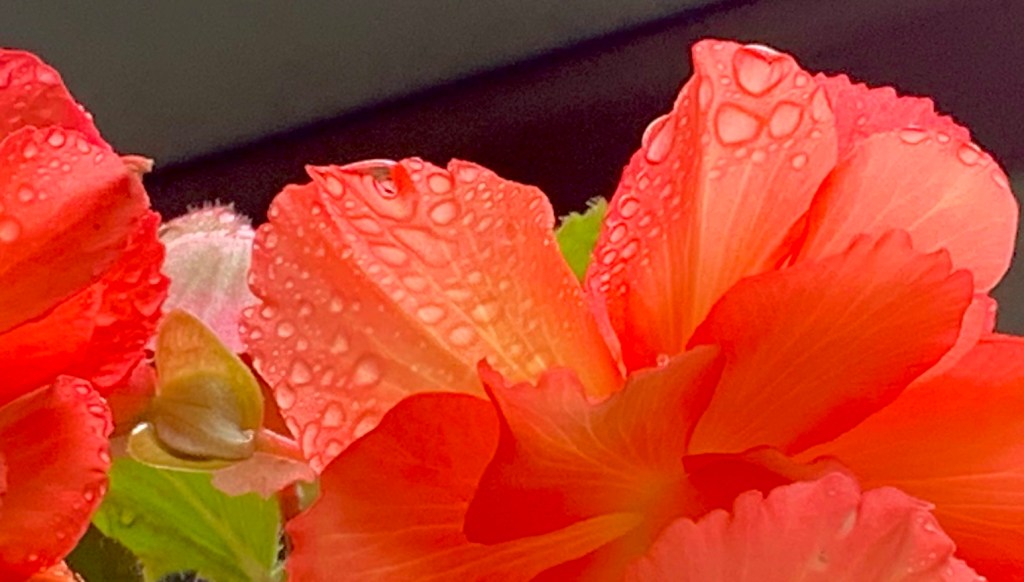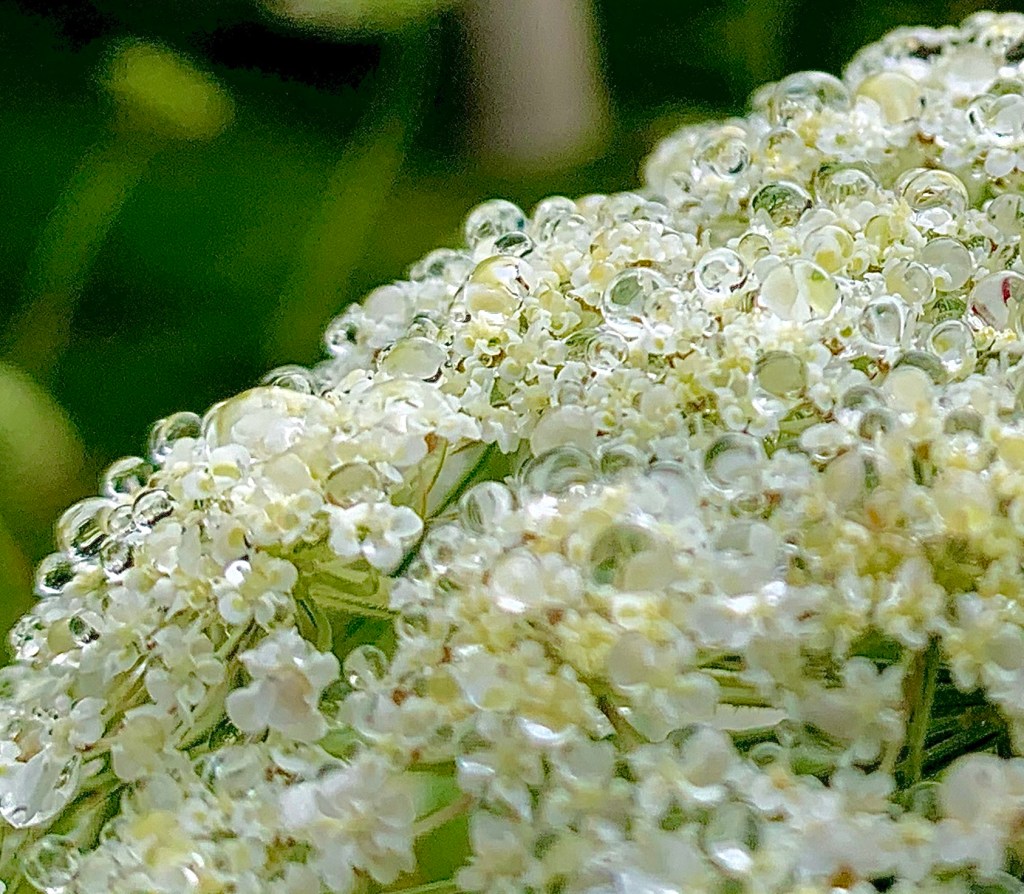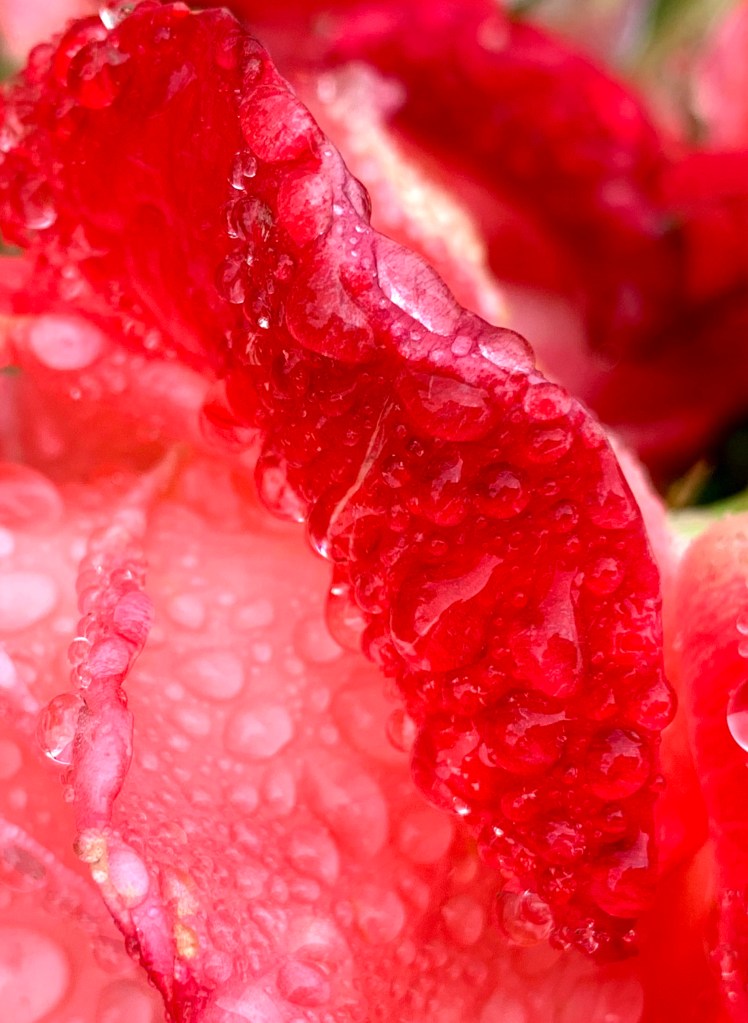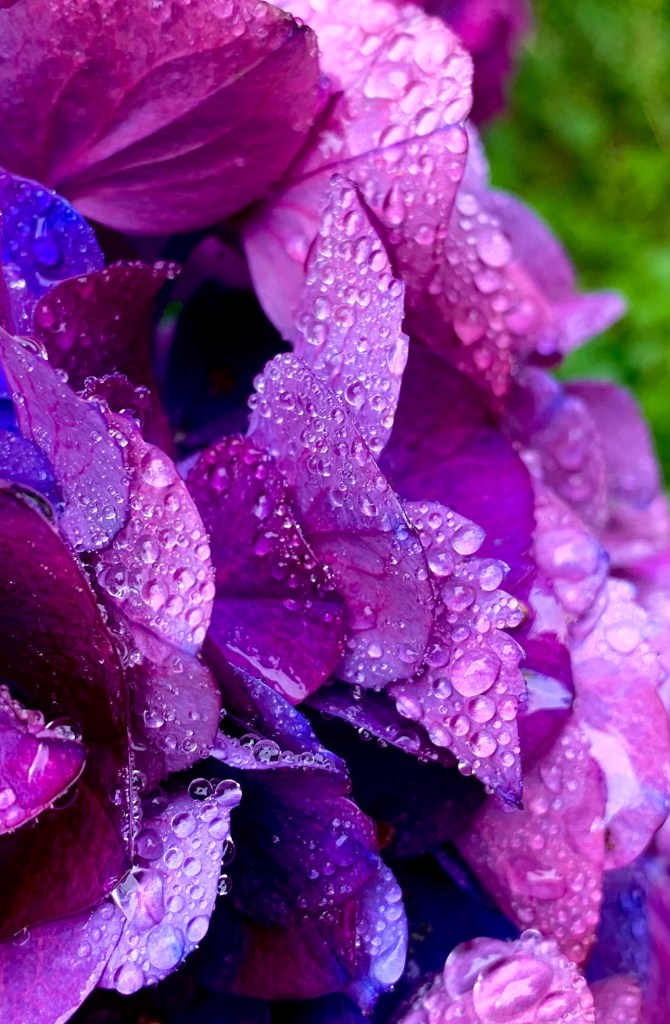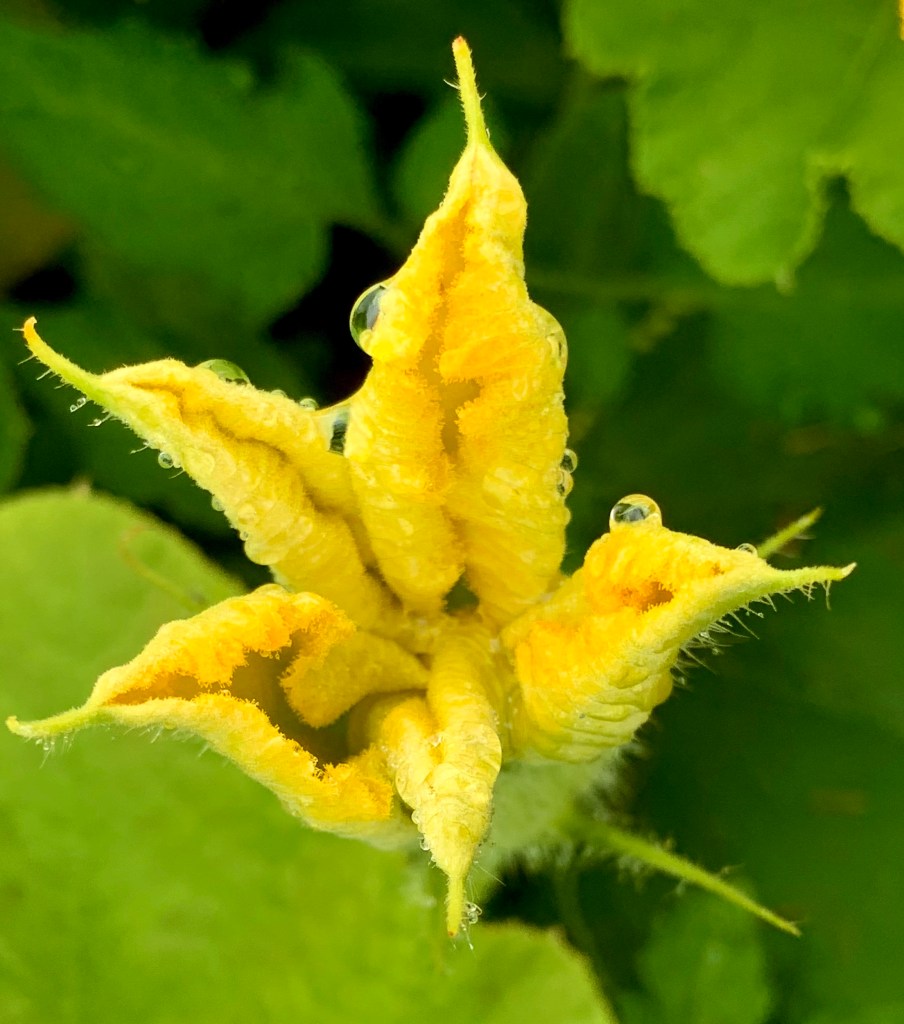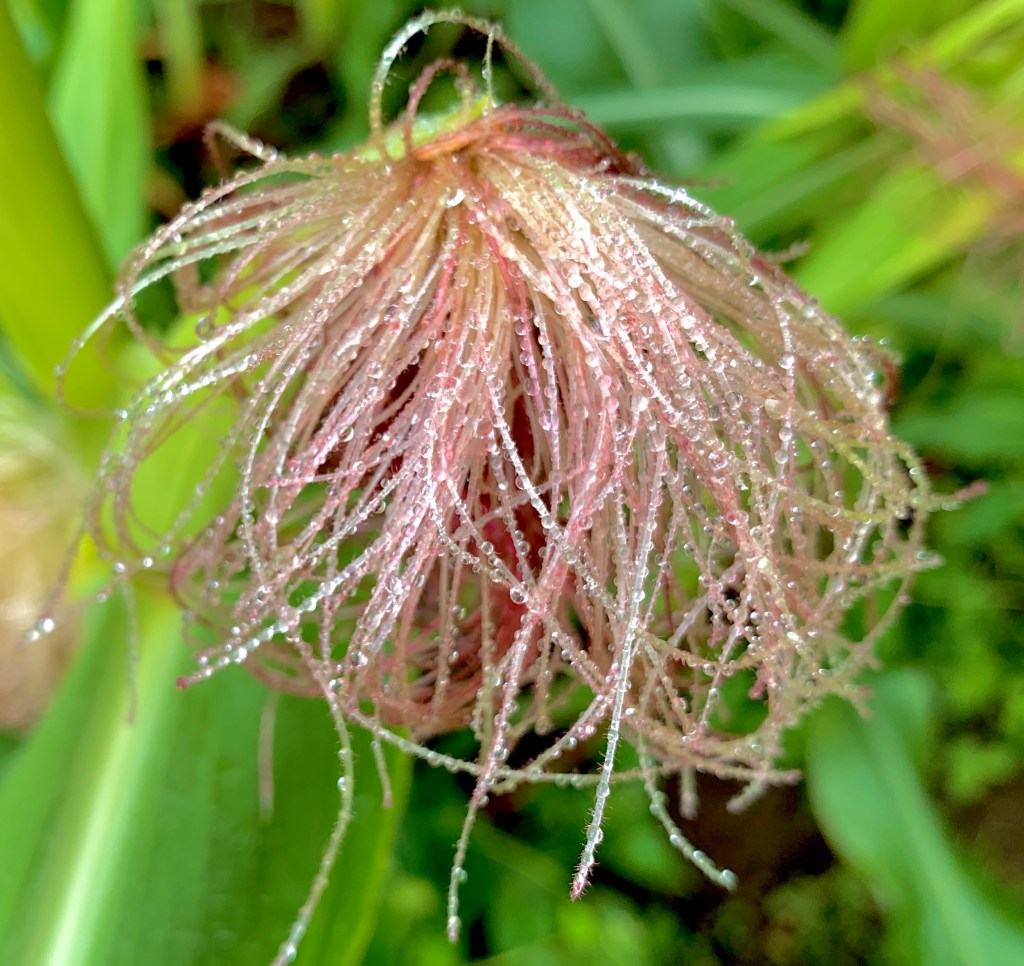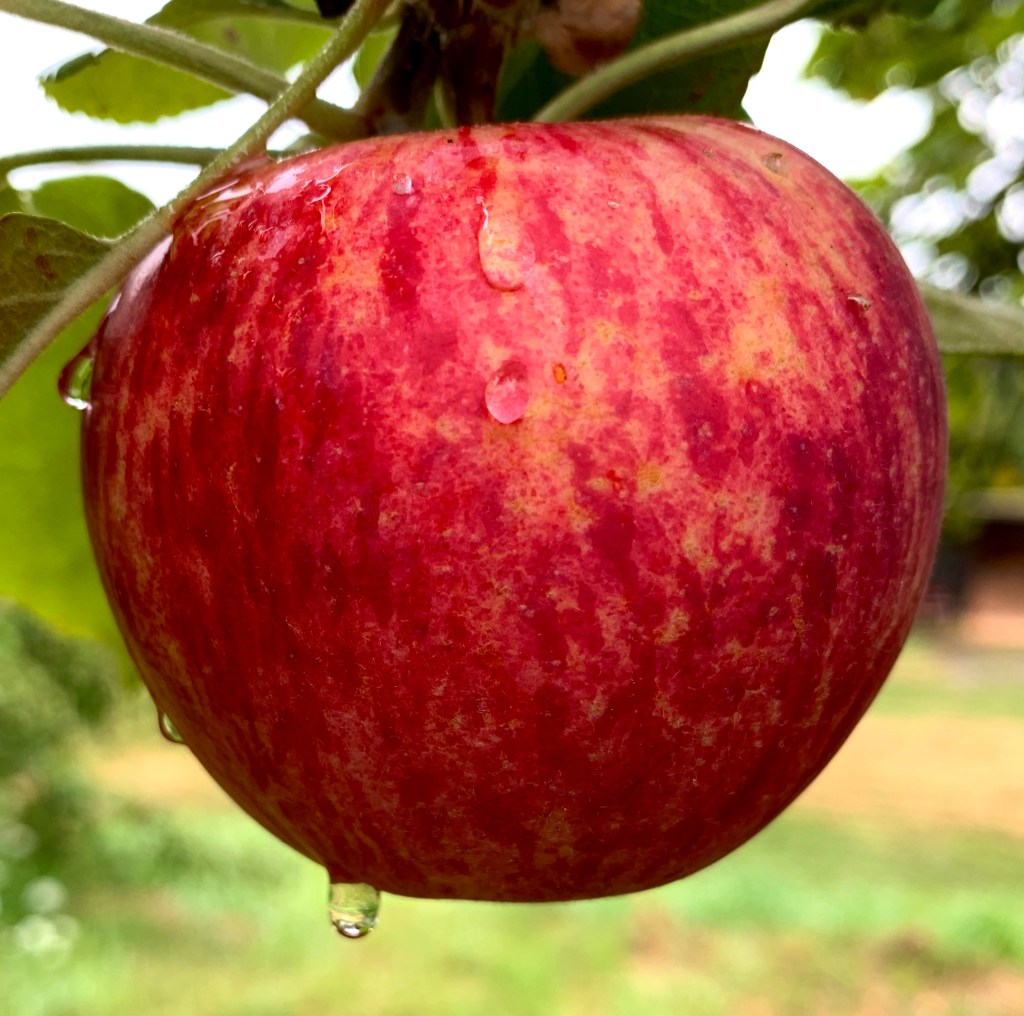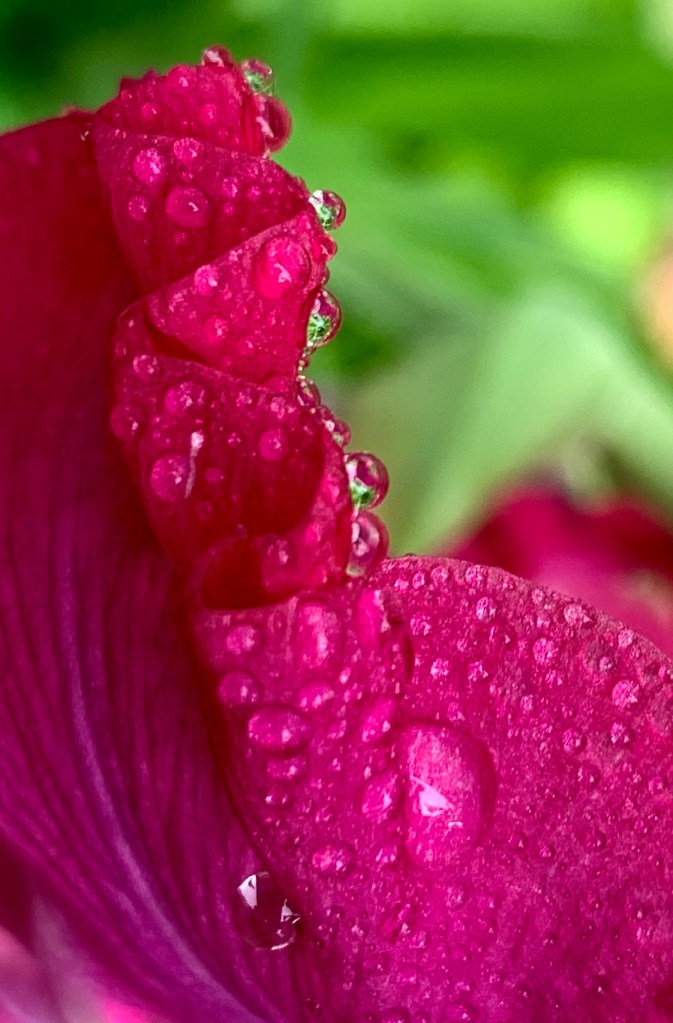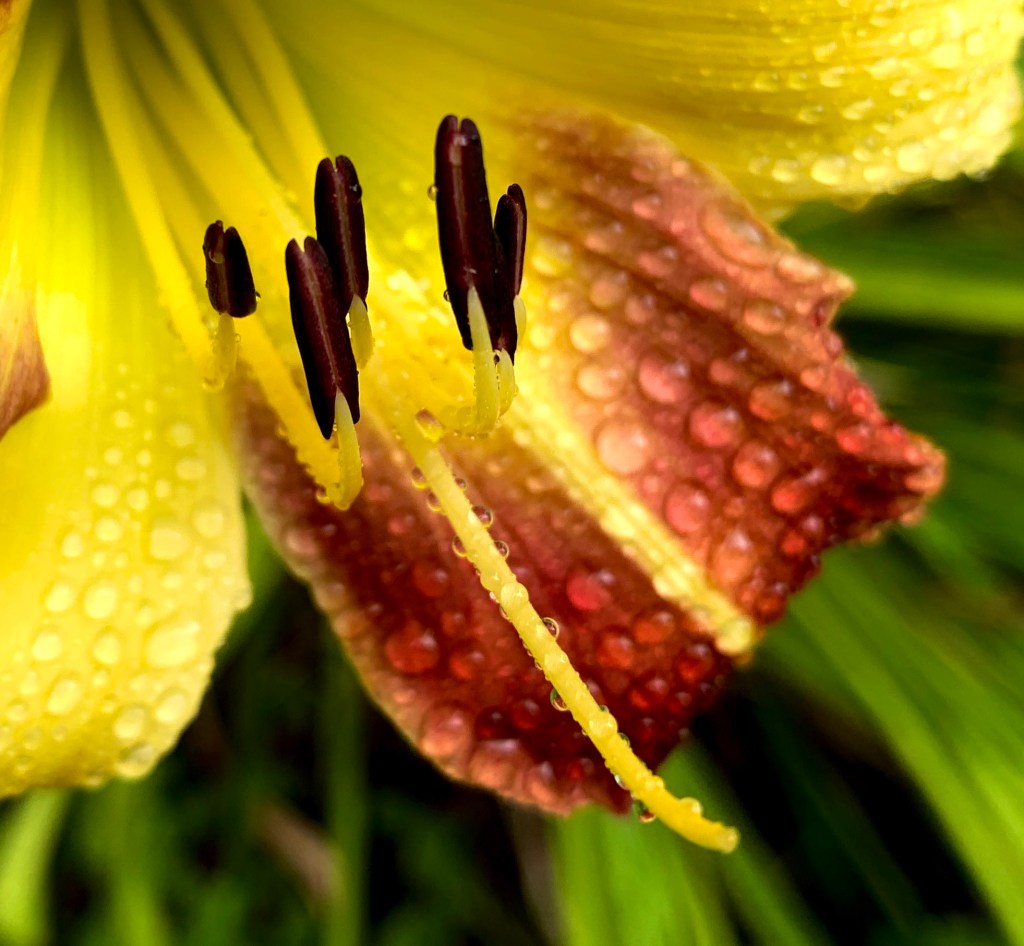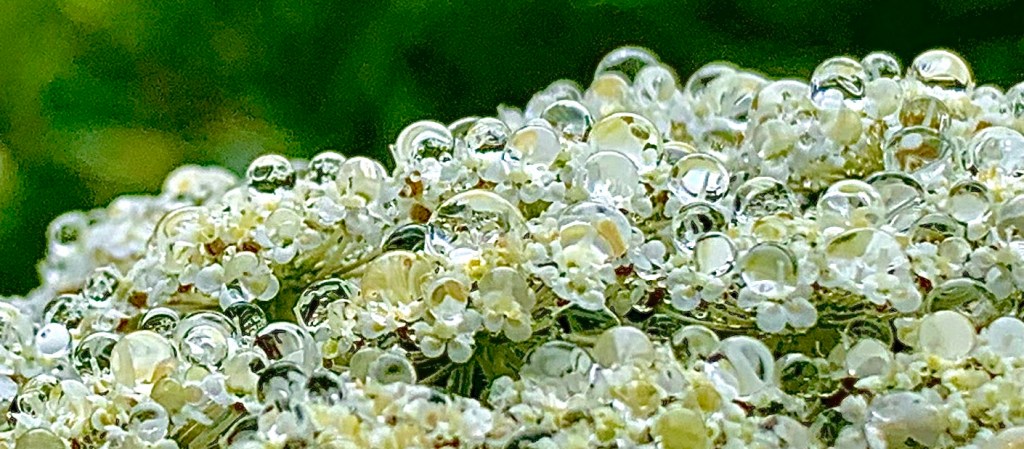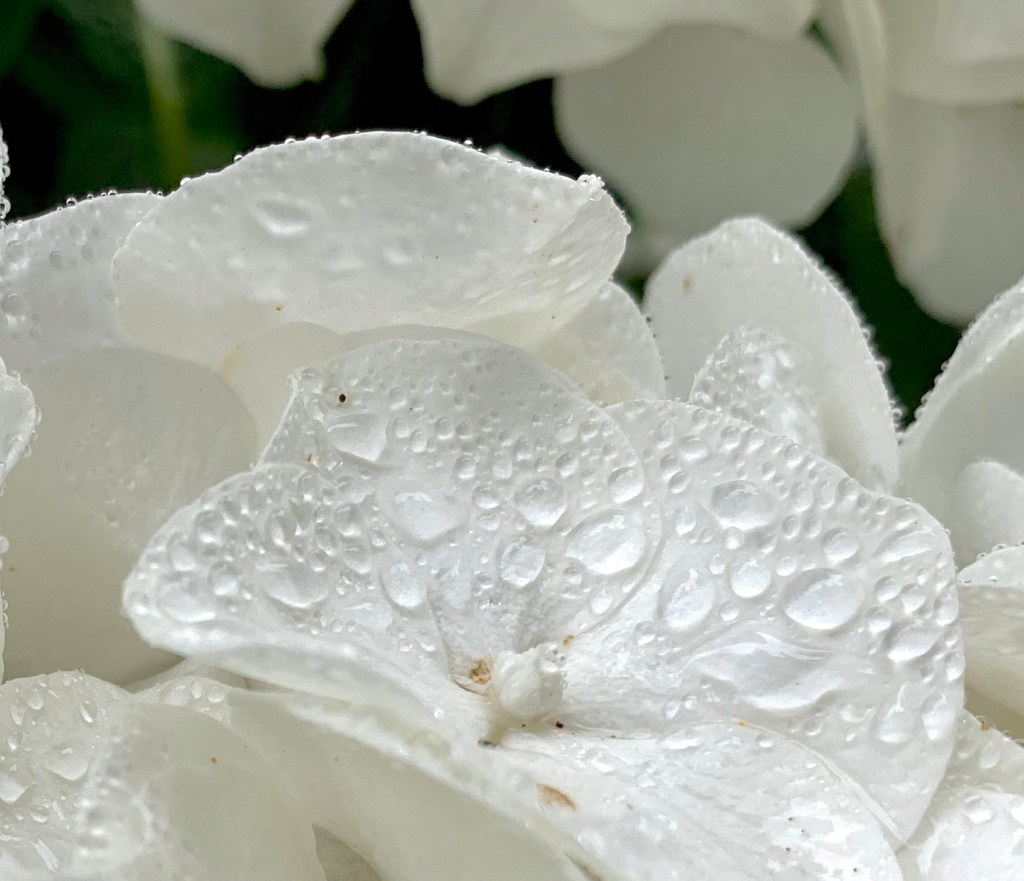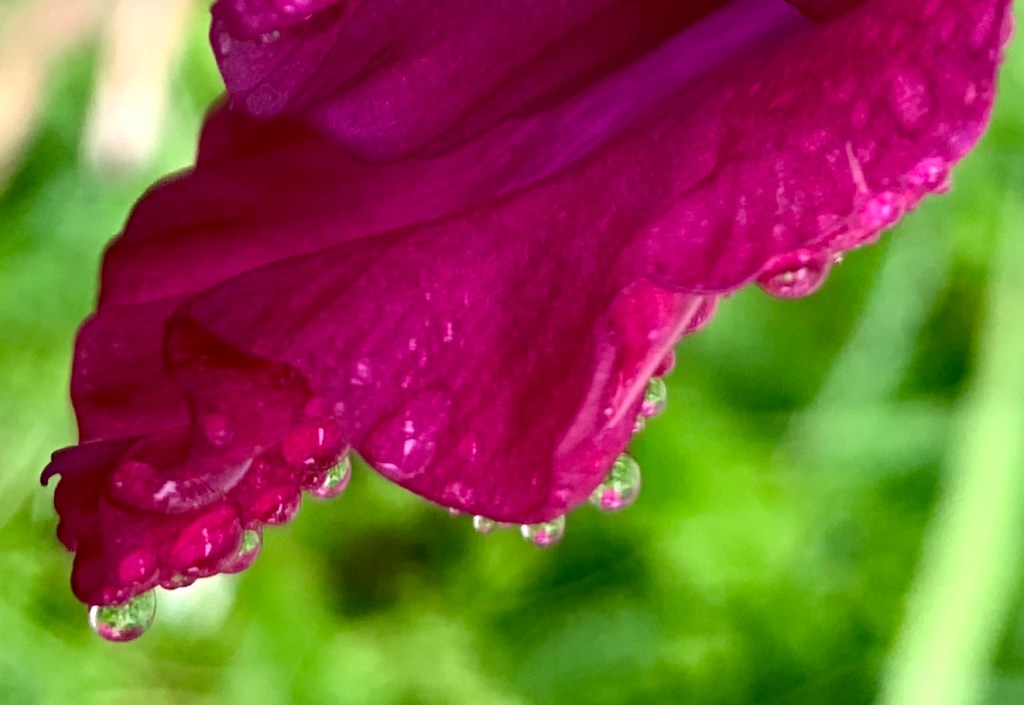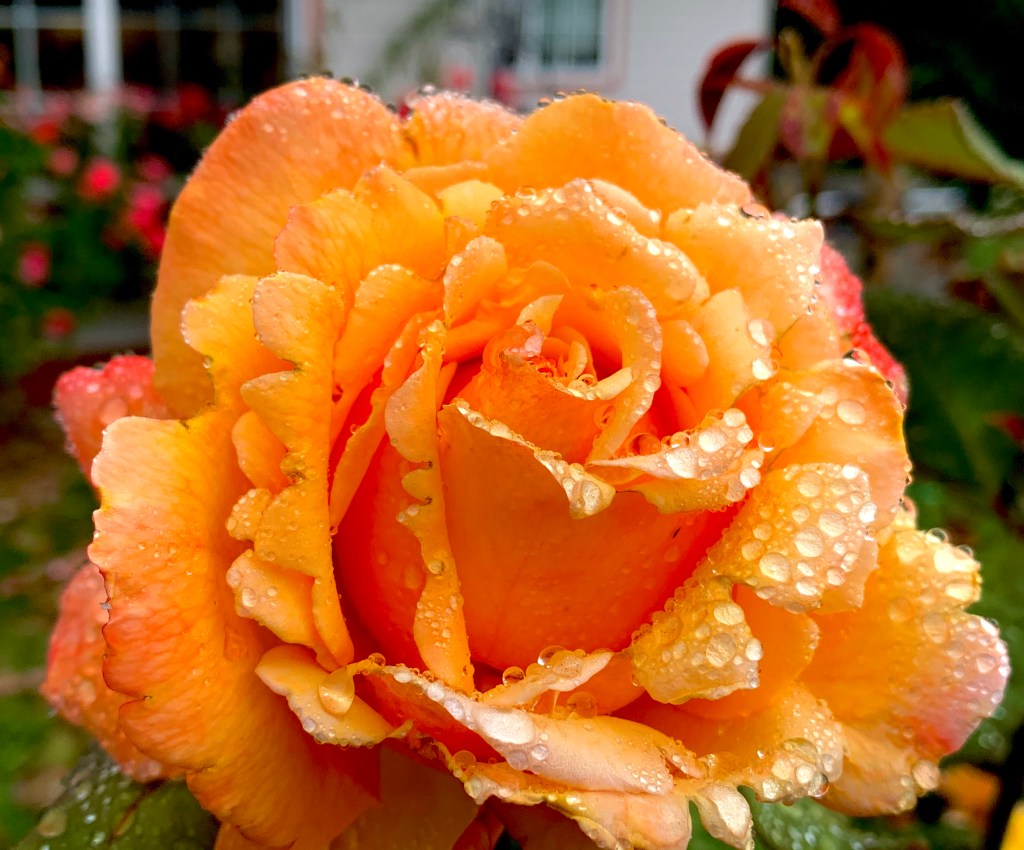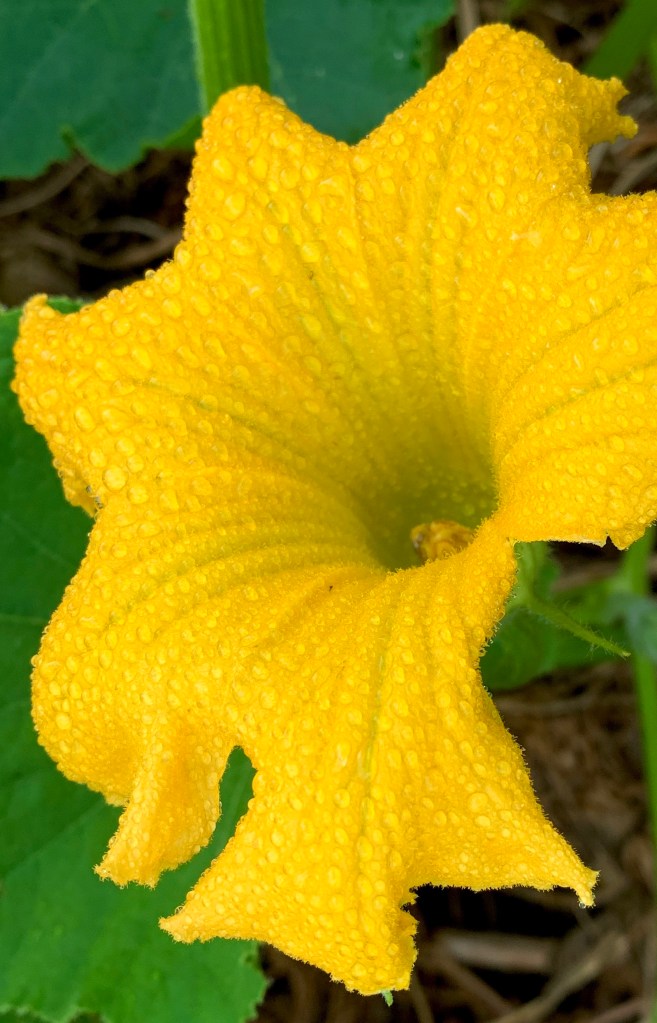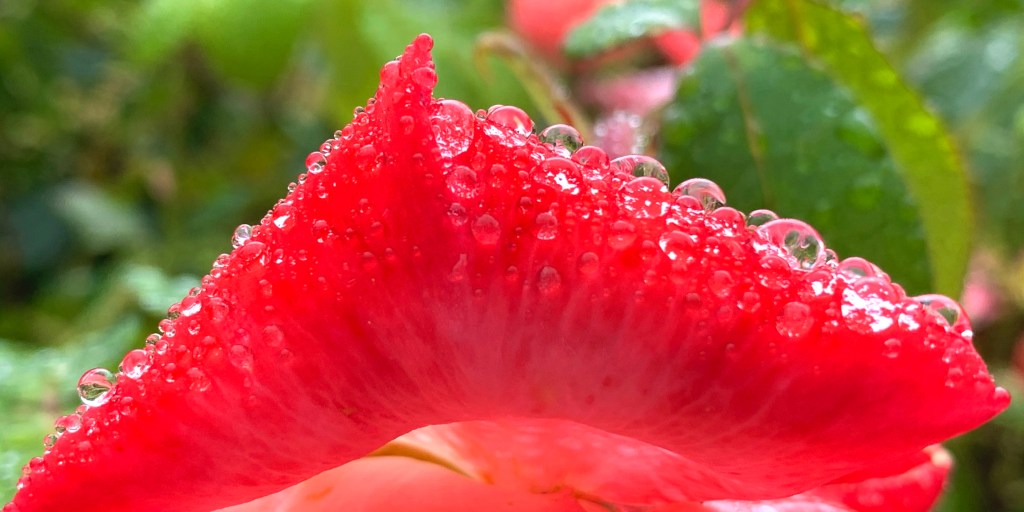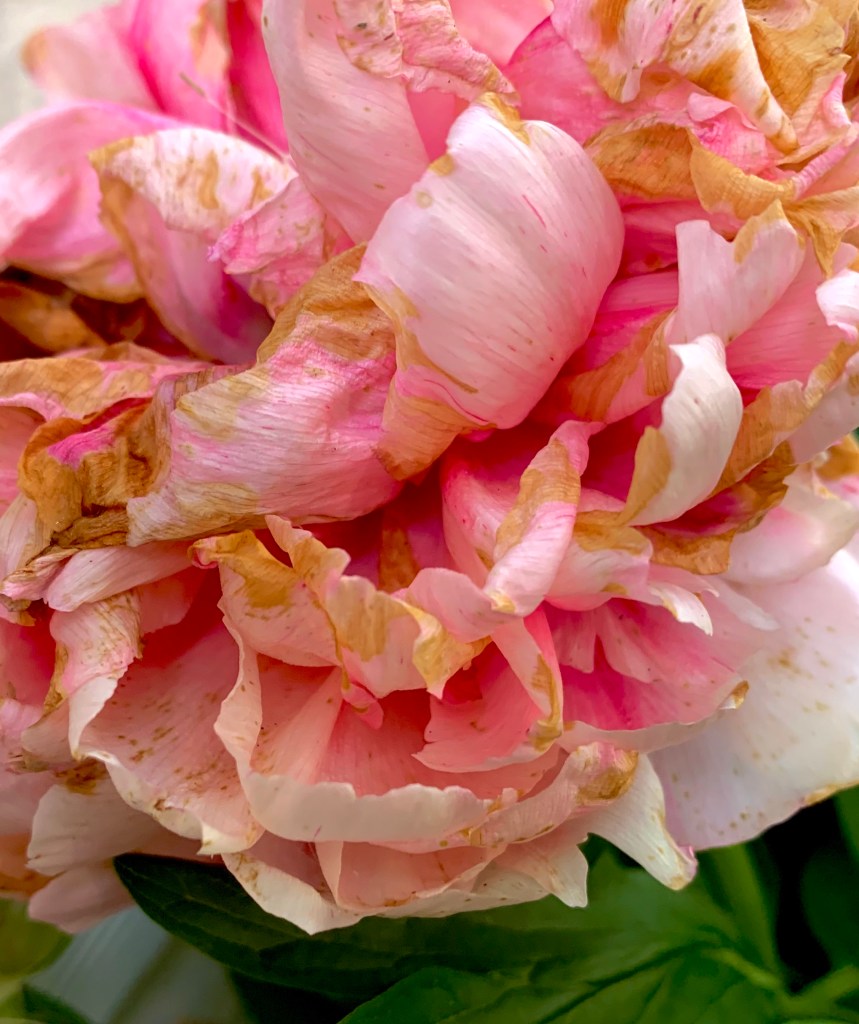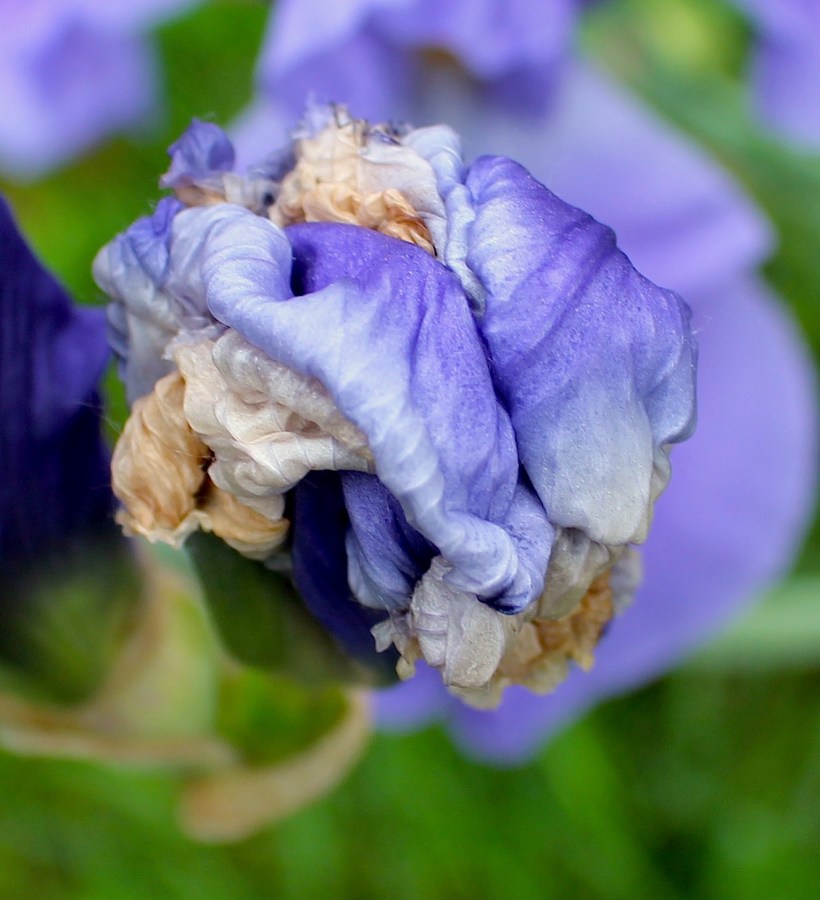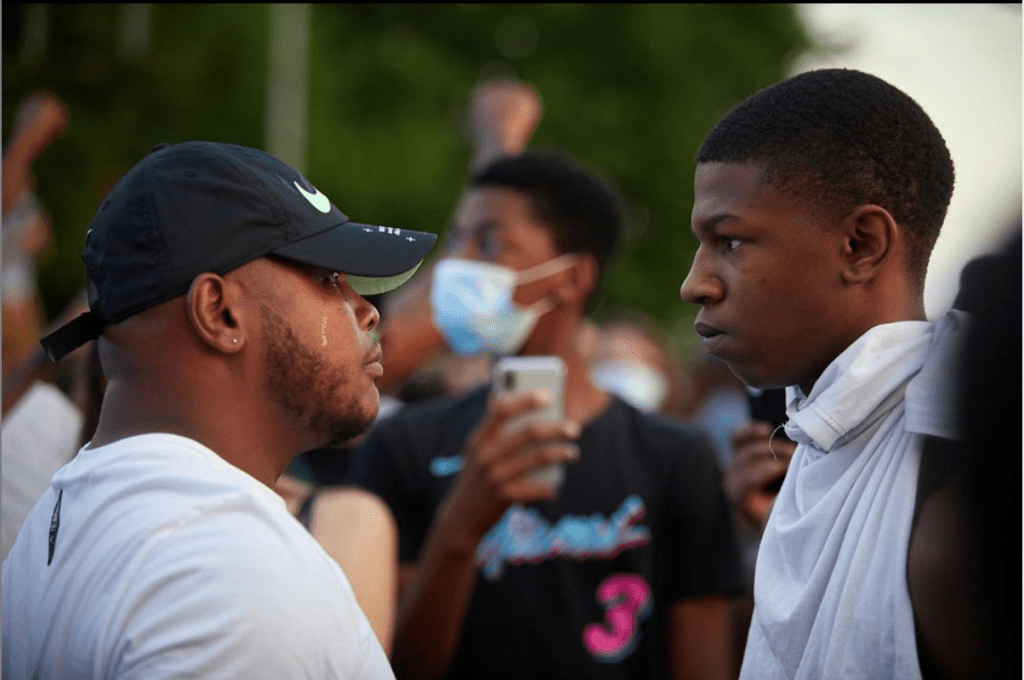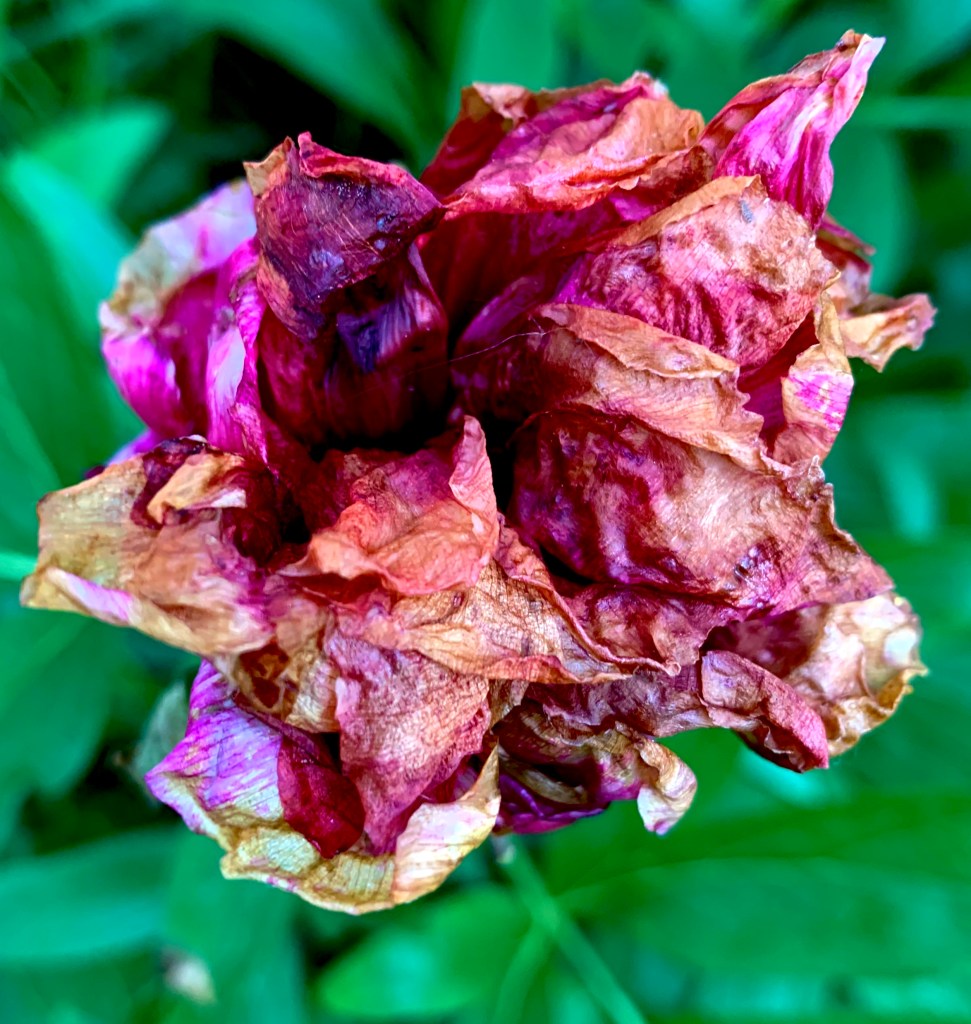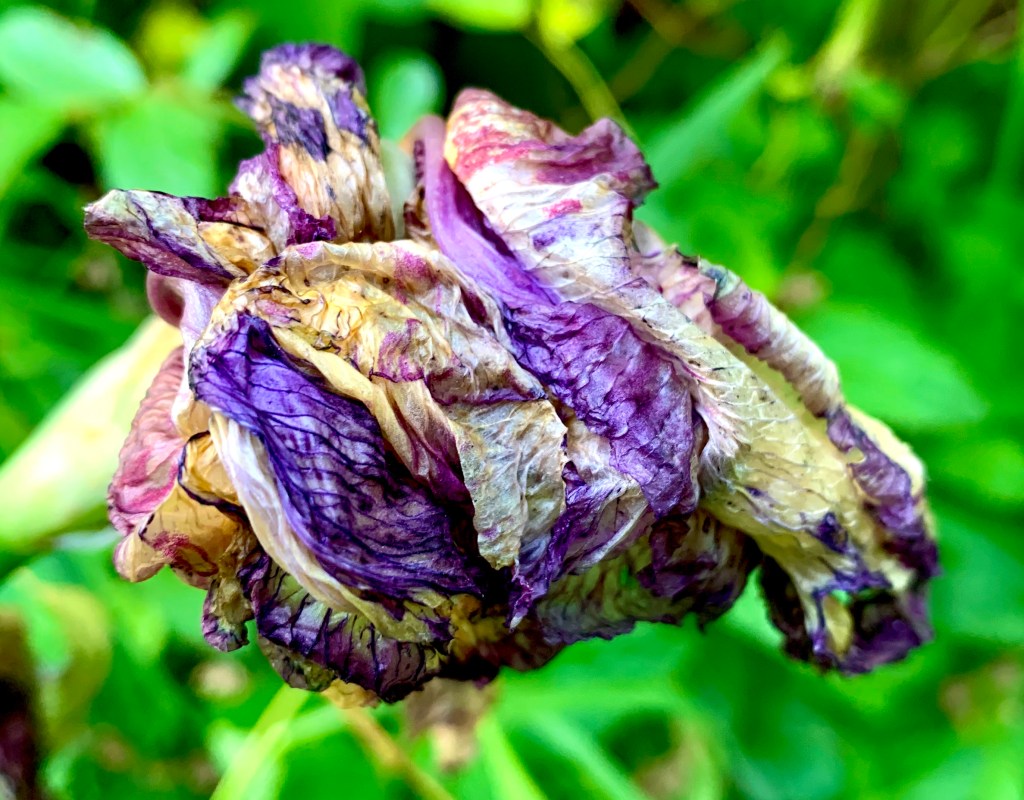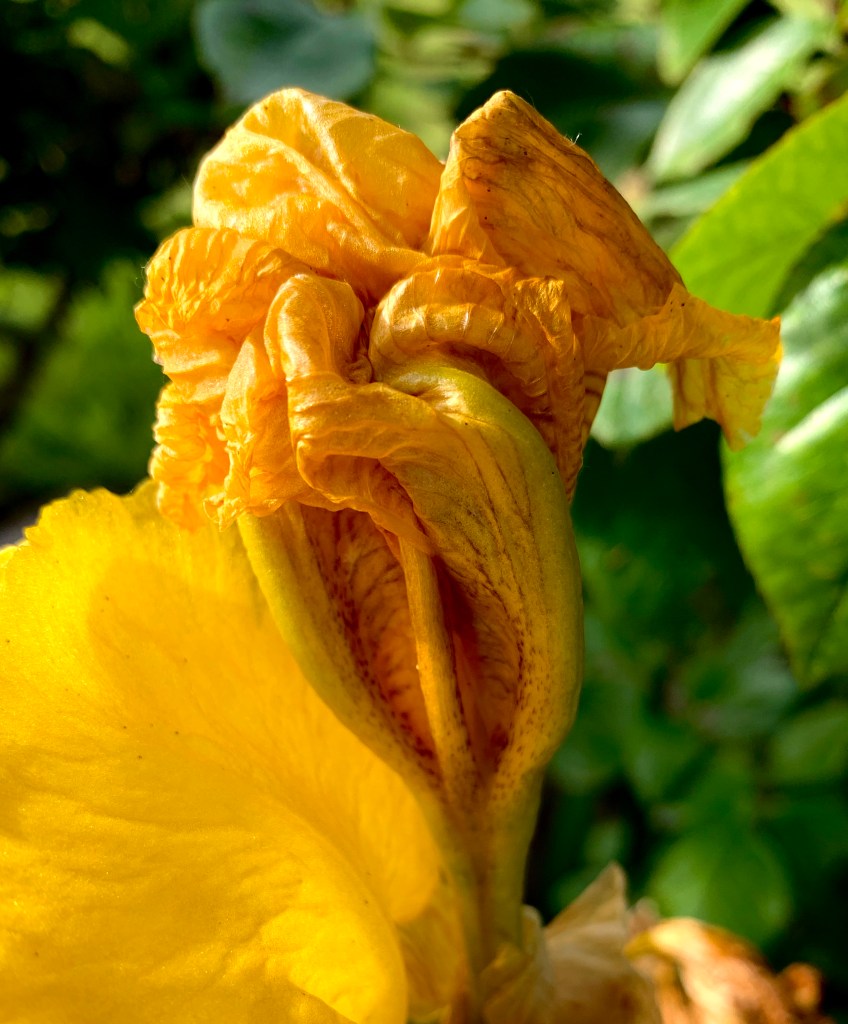
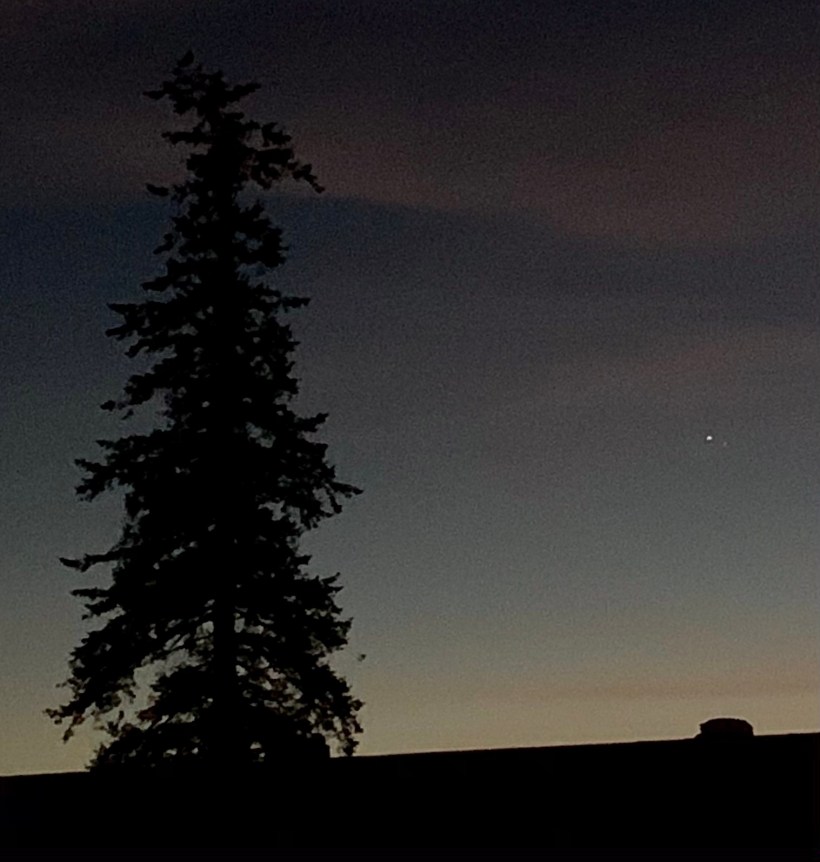
How is it they live for eons in such harmony
– the billions of stars –
when most men can barely go a minute
without declaring war in their mind
against someone they know.
There are wars where no one marches with a flag,
though that does not keep casualties from mounting.
Our hearts irrigate this earth.
We are fields before each other.
How can we live in harmony?
First we need to know
we are all madly in love
with the same God.
O Lord my God, make me
submissive without protest,
poor without discouragement,
chaste without regret,
patient without complaint,
humble without posturing,
cheerful without frivolity,
mature without gloom,
and quick-witted without flippancy.
Grant that I may know
what You require me to do.
Bestow upon me
the power to accomplish Your will,
as is necessary and fitting
for the salvation of my soul.
~St. Thomas Aquinas
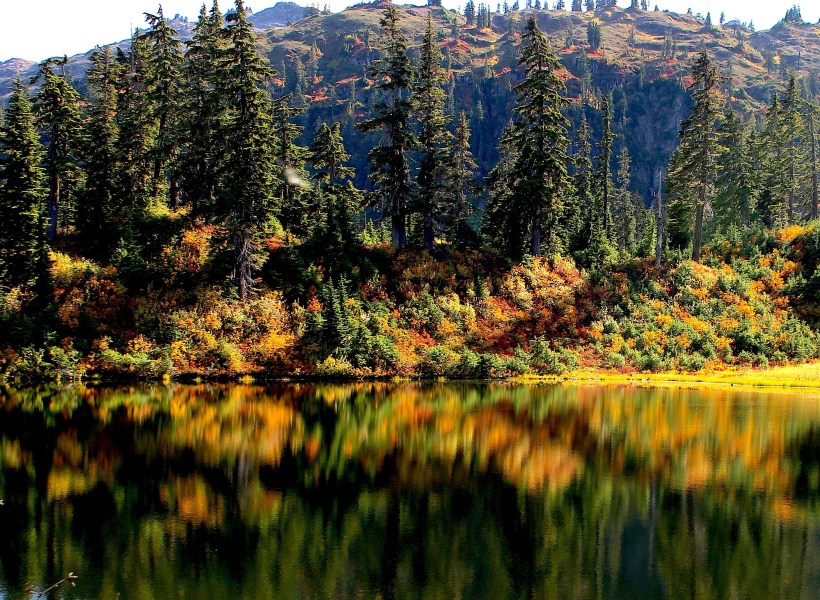
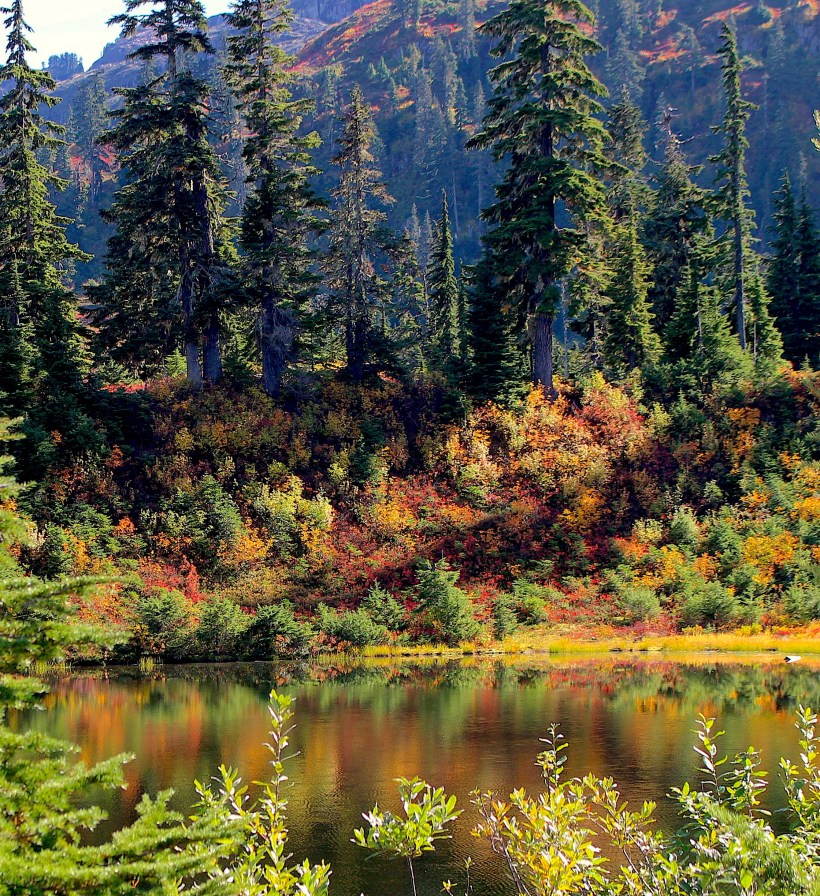
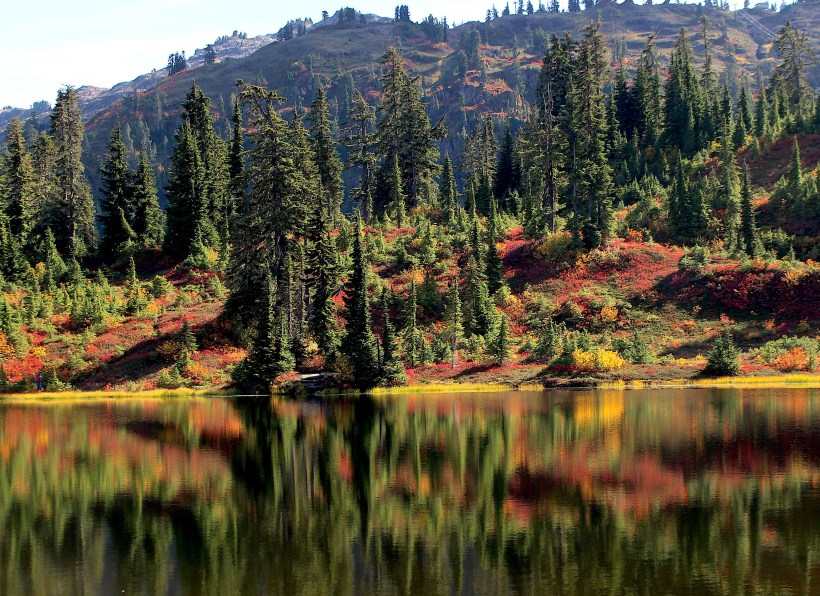
I look at headline news through my fingers, cringing.
Amid the centuries of posturing between governments and every imaginable tribe and faction, the names and faces change but the nature of hatred of the “other” doesn’t.
We’ve seen this all before, over and over through history. Over 150 years ago it was in the Gettysburg fields that blood of rival armies intermingled and irrigated U.S. soil. Though now we stand side by side with Germany and Japan, our bitter adversaries a mere eighty years ago, our world continually brews new enemies and ignites new conflicts.
We can barely go a minute without declaring war in our minds even against our neighbor, even those we consider friends and family. There is yelling from the streets in angry protest and screaming at school board meetings. Casualties mount in our bitterness toward one another.
And who am I to point fingers or squint through them at the news of the day?
I am as prone to this as anyone.
Am I myself capable of submission without protest, remaining patient and uncomplaining even when I disagree? Can I embody humility without having a hidden agenda? Can I remain selfless when my true nature is wholly selfish?
How can there ever be harmony?
How can I overcome my own rancorous heart?
As critical as it seems, It is not love for one another that comes first.
I must first know, love and trust the only God who has loved the unloveable so much He became one with us, overpowering our tendency to hate one another by taking it all upon Himself.
Jesus found us dying in a world desperately drying up; His bleeding heart poured itself out onto our thirsting soil. We have been handed salvation.
It is, in fact, God who is madly in love with us and though we’ve done nothing to deserve it, it is our turn to show love to one another.
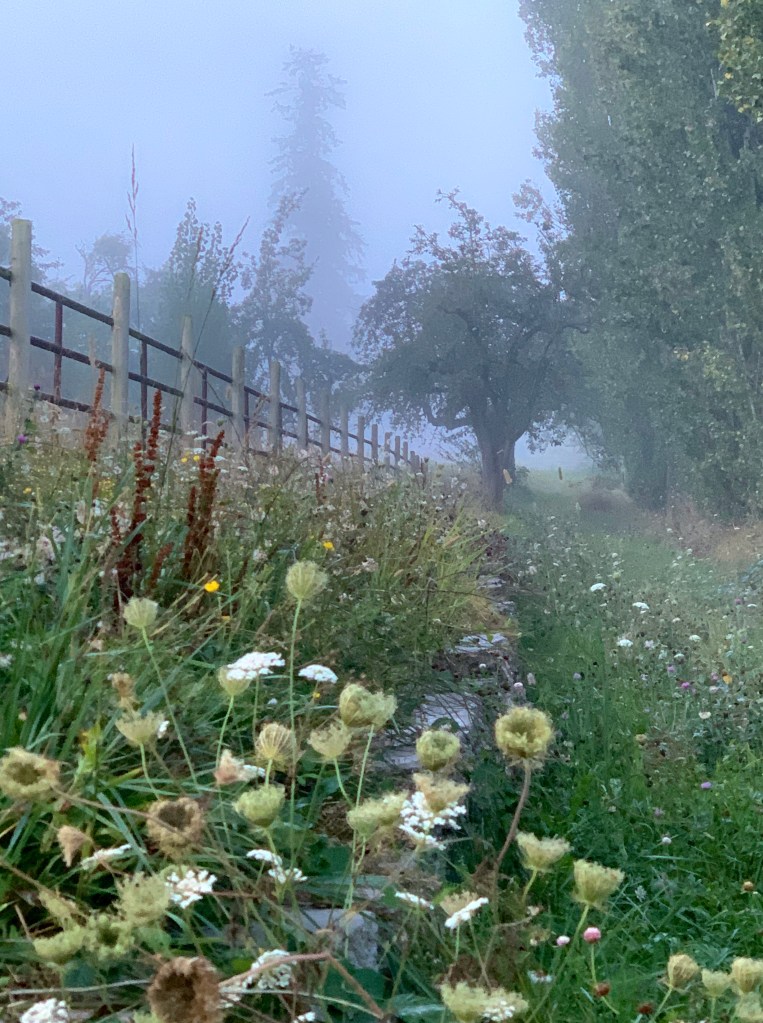
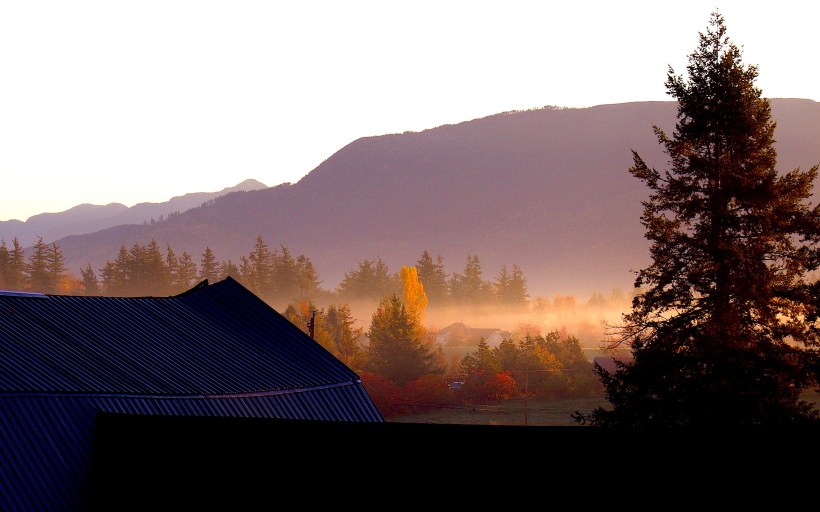
A book from Barnstorming is available for order here:
